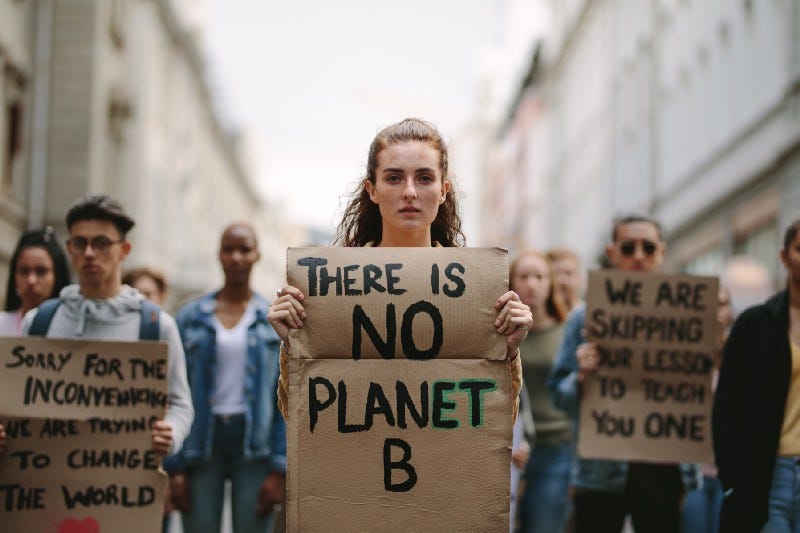Why Is Almost No One Talking About the Climate Activist Who Set Himself on Fire?
Climate change is still a majorly overlooked topic

His name was Wynn Bruce.
He was a 50-year old climate activist. A photojournalist. And a devout Buddhist.
This past Earth Day, Bruce set himself on fire in front of t…
Keep reading with a 7-day free trial
Subscribe to The Noösphere to keep reading this post and get 7 days of free access to the full post archives.

